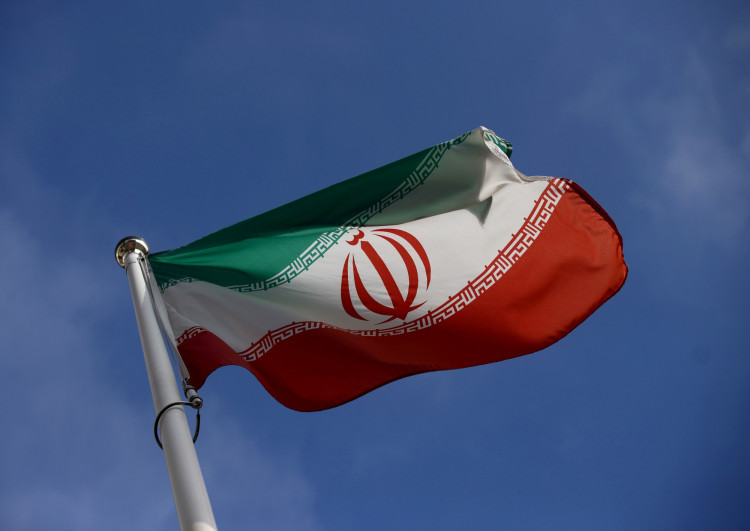In a significant development that underscores the intricate geopolitics of the Middle East, South Korea has been actively working to unfreeze Iranian funds. This move is part of a broader US-Iran detainee deal that has been making headlines recently.
Five U.S. citizens, previously held in Iran, landed in Doha on Monday, marking a significant step in the prisoner swap agreement. In exchange, five Iranians who were in U.S. custody have been released. Additionally, the deal involves the transfer of $6 billion in Iranian funds, showcasing a rare moment of cooperation between the U.S. and Iran, two nations that have historically been at odds on the global stage.
The image of the released U.S. citizens arriving at Doha International Airport has been widely circulated, symbolizing the tangible results of diplomatic negotiations. Among those released were Siamak Namazi and Morad Tahbaz. Their arrival in Doha was captured in a photograph that has since become emblematic of the broader implications of the detainee exchange.
The detainee deal, while significant in its own right, is also noteworthy for the involvement of South Korea in facilitating the unfreezing of Tehran's funds. South Korea's role in this process highlights the nation's strategic importance in global diplomatic affairs, especially in matters concerning the U.S. and Iran.
The backdrop to this development is the long-standing antagonistic relationship between the U.S. and Iran. The two nations have been embroiled in a series of conflicts, both direct and proxy, for decades. The detainee exchange and the unfreezing of funds represent a rare moment of cooperation, potentially signaling a shift in the dynamics of U.S.-Iran relations.
However, the broader implications of this deal remain to be seen. While the immediate release of detainees is a positive step, the future of U.S.-Iran relations is still fraught with challenges. The unfreezing of Iranian funds by South Korea, with the backing of the U.S., could be seen as a goodwill gesture, but it also raises questions about the future trajectory of diplomatic engagements between the involved nations.
For South Korea, its role in this process underscores its growing importance in global geopolitics. As a key ally of the U.S. in the Asia-Pacific region and with its own set of diplomatic and economic ties with Iran, South Korea is uniquely positioned to play a mediating role in such international affairs.
In conclusion, the recent US-Iran detainee exchange, facilitated in part by South Korea's efforts to unfreeze Iranian funds, is a significant development in global diplomacy. While it marks a positive step in U.S.-Iran relations, the road ahead remains uncertain. The involvement of nations like South Korea in such processes highlights the interconnectedness of global geopolitics and the potential for collaborative diplomatic efforts to yield positive results.





